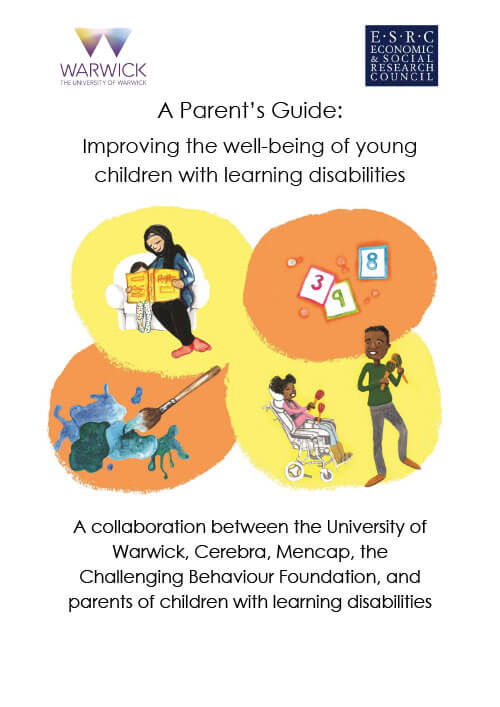Research Papers
Evidence for the ‘Down Syndrome Advantage’
Previous research has found that mothers raising children with Down’s syndrome report lower levels of parenting stress and symptoms of depression than mothers raising children with other diagnoses. This has sometimes been known as the ‘Down’s syndrome advantage.’ We examined whether the Down syndrome advantage would be present for maternal psychological distress, impact of caregiving, life satisfaction and perceived positive impact of the child with ID when controlling for external variables.
Family relationships and their association with perceptions of family functioning in mothers of children with intellectual disability
Much of the existing research into families of children with intellectual disabilities has focused on the individual with intellectual disability rather than the family as a whole. Therefore, this study investigated three family sub-system relationships (marital/partner, parent-child, sibling) and their association with overall family functioning.
Clinical Utility of the Strengths and Difficulties Questionnaire as a Screening Measure
As part of Caitlin Murray’s Cerebra funded PhD, we looked at whether a general mental health measure for children (the Strengths and Difficulties Questionnaire) is a good measure for children with intellectual disability.
Positive Gains Scale
We used 1000 Families data from Wave 1 as a part of an analysis of a scale for measuring the positive impact of a child with disability on parents (the Positive Gains Scale).
COVID-19 impact on psychological outcomes of parents, siblings and children with intellectual disability
The Family Research Team examined the impact of COVID-19 restrictions on parents, siblings and children with a learning disability, using data obtained from Wave 2 of the 1000 Families Study collected both pre-lockdown and during/just after the first lockdown.


